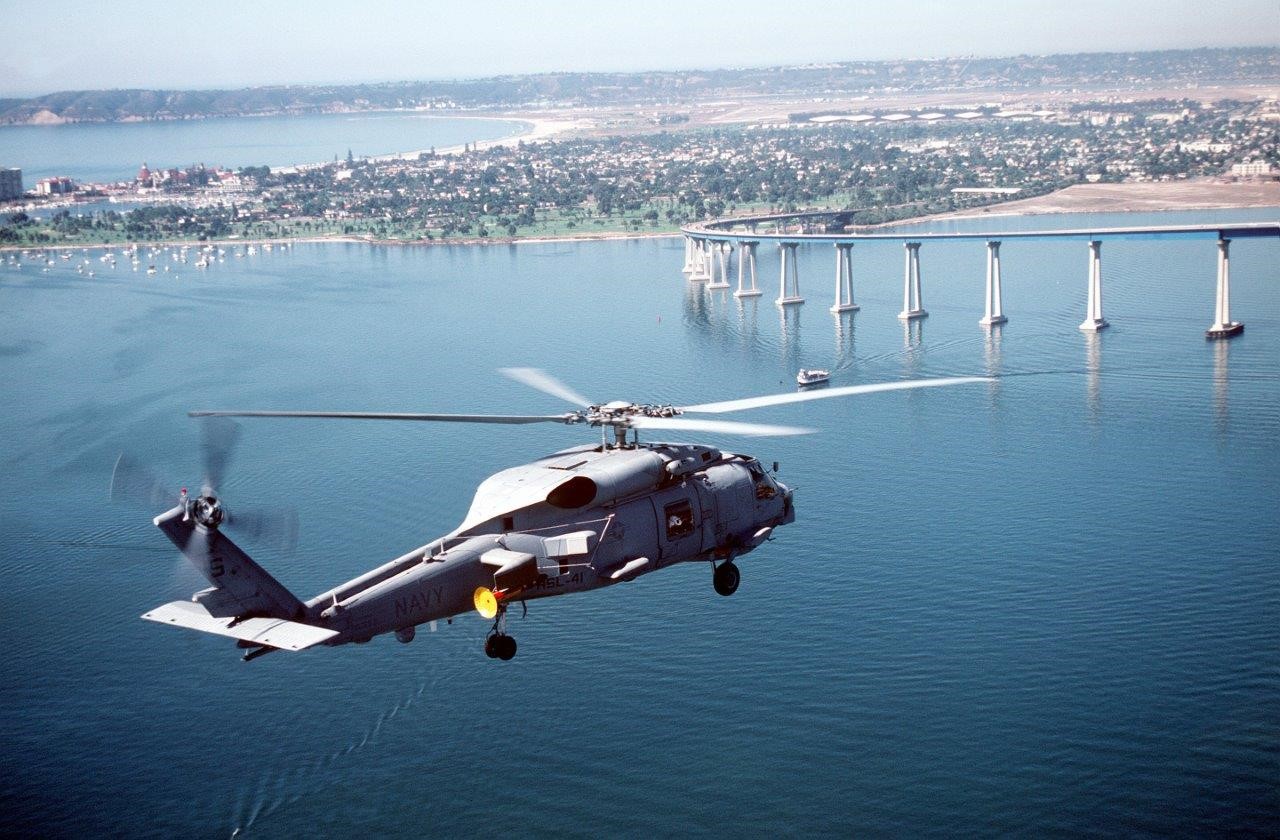
The AICUZ Program
We’ve all seen the sign outside military bases—“If you lived here, you’d be home by now.” People who work on base want to live nearby; still others want to provide services to those employees and to the base. Military installations attract development. When incompatible development takes place near an air station, affected parties may try to seek relief through the imposition of reduced take-off weights, flight track changes, quiet hours and even loss of flying mission. The Department of Defense (DOD) initiated the AICUZ Program to promote compatible development near military airfields. The goal of this Program is to protect the health, safety, and welfare of people living near the airfield, while preserving the defense flying mission. The AICUZ Program recommends incorporation of noise contours, accident potential zones (APZs), and other safety criteria, into the local land use planning process and provides recommendations for development that is compatible with the air station’s mission.
Related Links:
Air Installation Compatible Use Zone (Reports by Installation)
Cabaniss & Waldron Corpus Christi September 2020
PDF: Report
Goliad AICUZ Final Final August 2015
PDF:
Report
NAS Corpus Christi AICUZ August 2009
PDF:
Report
NAS JRB Fort Worth AICUZ July 2002
PDF:
Report
NAS Jacksonville AICUZ November 2006
PDF:
Report
NAS Key West February 2018
PDF:
Report
NAS Kingsville AICUZ 2013
PDF: Report
NS Mayport AICUZ June 2007
PDF:
Report
NAS Meridian AICUZ November 2012
PDF:
Report
NAS JRB New Orleans AICUZ February 2003
PDF:
Report
NAS Pensacola AICUZ 2010
PDF: Report
NAS Whiting Field AICUZ May 2017
PDF: Report